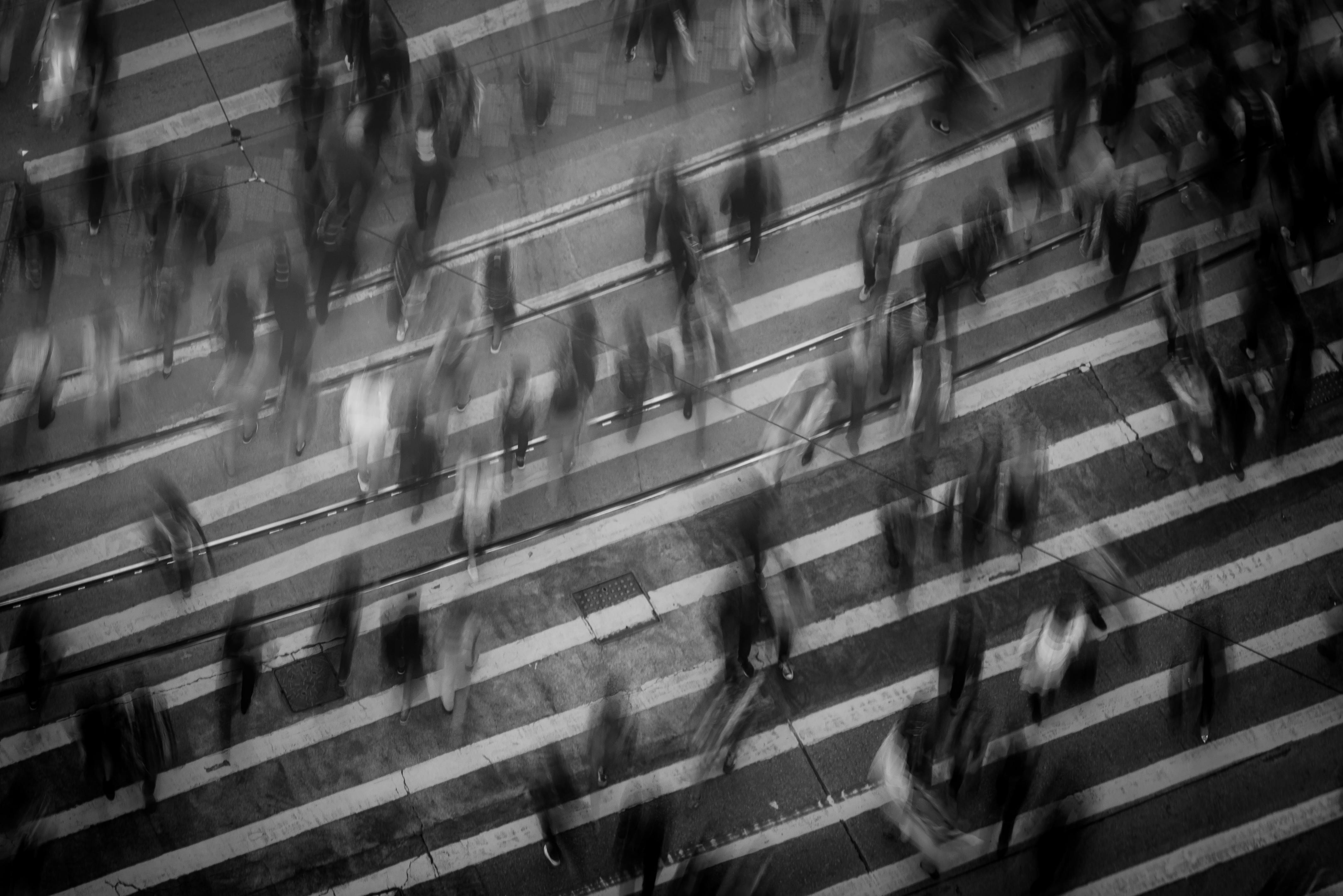Understanding the Rising Phenomenon of Slow Living in Fast-Paced Societies
Introduction: In a world where "faster is better" has been the mantra, a movement that encourages us to decelerate is making its mark. The Slow Living Movement advocates for a more mindful, sustainable, and fulfilling way of life. Read below to understand the origins, the current trends of this movement, and its profound implications on modern societies.

The Genesis of Slow Living
The Slow Living Movement is not a sudden societal shift but a reaction to the fast-paced, high-stress lifestyle of the industrial and digital age. It finds its roots in the Slow Food movement of the 1980s, which arose in Italy as a rebellion against the opening of McDonald’s in Rome. The Slow Food movement promoted traditional culinary methods and local produce over fast food and mass-produced items. Over the years, this concept of “slow” expanded beyond food, encompassing various aspects of life - from travel and fashion to work and parenting, giving birth to the broader Slow Living movement.
Slow Living in Today’s Society
In the current societal context, the Slow Living movement is gaining momentum as people seek balance in their increasingly hectic lives. It encourages individuals to step back, reflect, and prioritize quality over quantity. Slow Living is not about doing everything at a snail’s pace, but about undertaking activities at the right speed, savoring the moments, and appreciating the details.
The Sociological Implications of Slow Living
The Slow Living movement has significant sociological implications. It challenges the capitalistic notion of constant growth and productivity, advocating instead for sustainability and well-being. It emphasizes mindfulness and conscious consumption, thus promoting environmental sustainability and improved mental health. The movement also redefines success, shifting the focus from material wealth and professional achievements to personal fulfillment and work-life balance.
Research Insights: Slow Living and its Impact
Research supports the benefits of Slow Living. Studies indicate that a slower, more mindful approach to life can reduce stress, increase happiness, and improve health. Additionally, Slow Living practices like consuming locally sourced products can contribute to local economies and environmental sustainability.
The Future of Slow Living
With the growing awareness about mental health and environmental sustainability, the Slow Living movement is likely to continue growing. As societies evolve, Slow Living could become an essential tool for ensuring a balanced, sustainable, and fulfilling life in the fast-paced modern world.
In conclusion, the Slow Living movement, with its emphasis on mindfulness, sustainability, and quality, offers a refreshing perspective in our fast-paced societies. It invites us to question the status quo, redefine success, and discover a more meaningful way of living. As we continue to grapple with the challenges of the digital age, Slow Living could provide the balance that modern societies desperately need.






